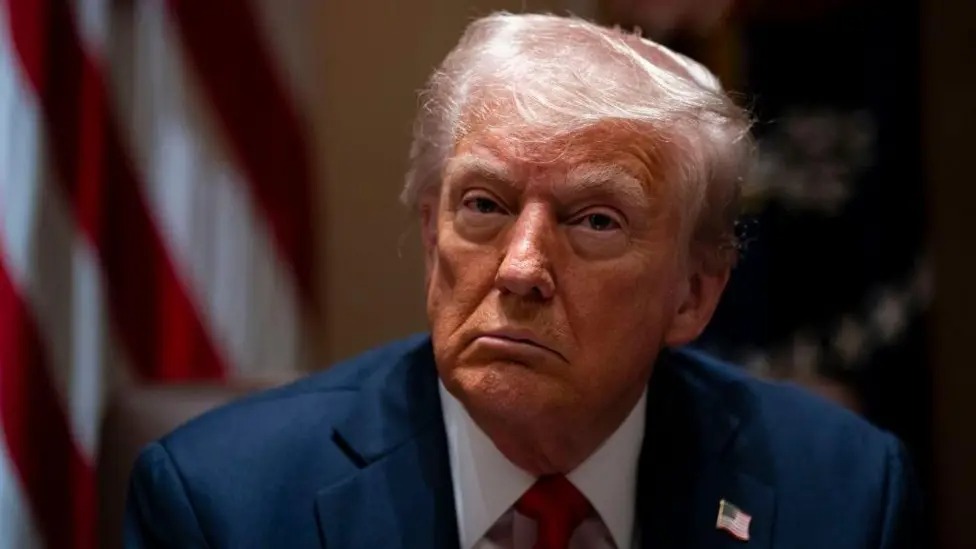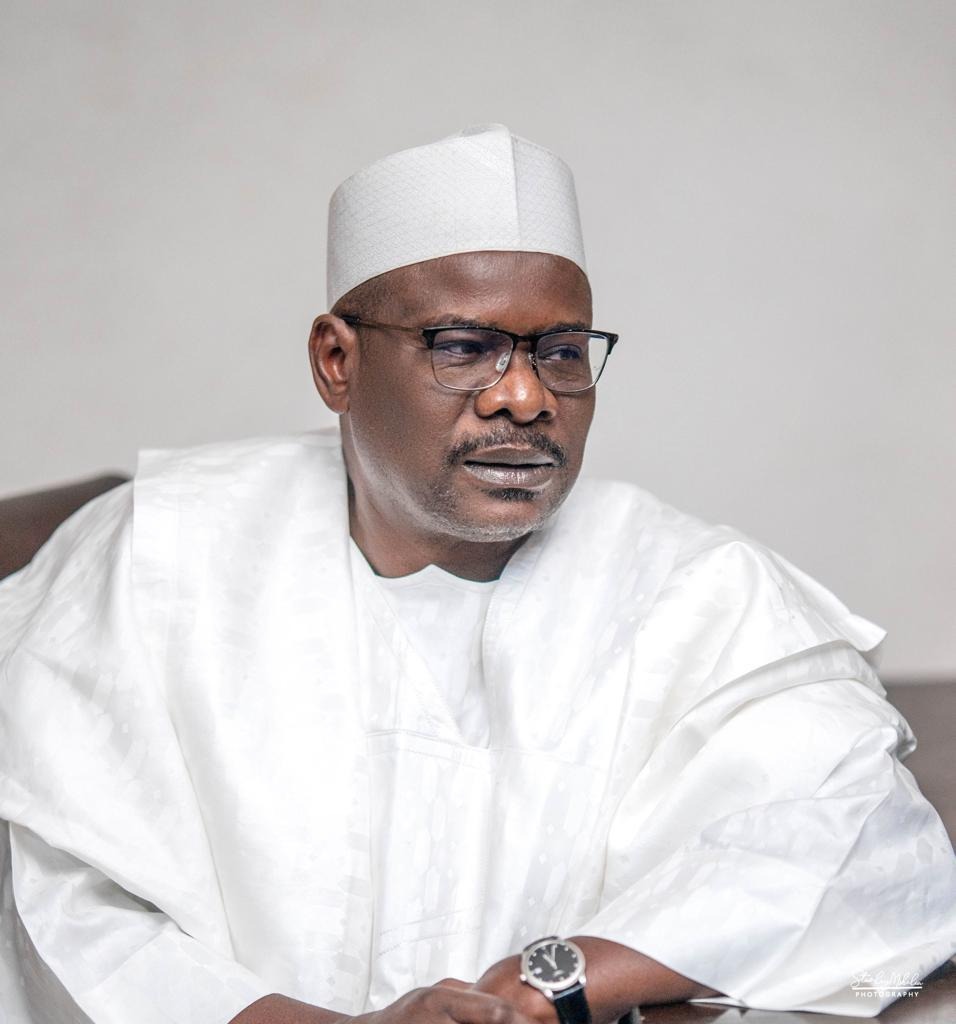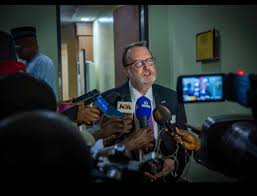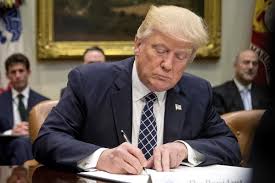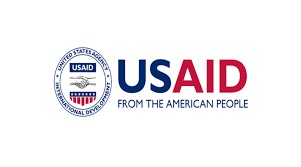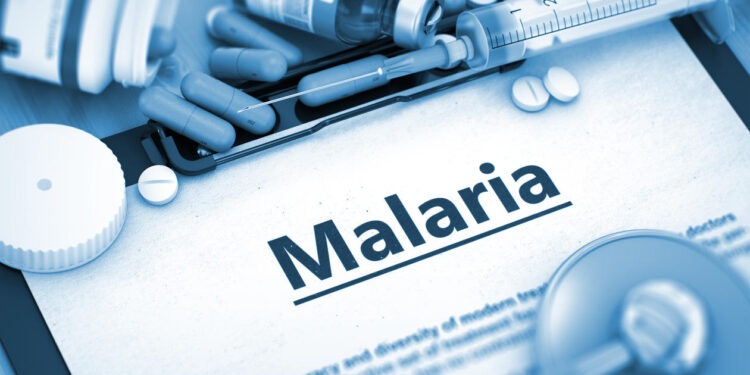LAGOS — Apprehension has continued to trail the recent Executive Order by President of the United States of America, Donald Trump to halt foreign aid to African countries as thousands of employees at the US Agency for International Development, USAID, are to commence on compulsory leave from today.
The order halting the USAID funding to organisations outside the US has sent shock waves through Nigerian development programmes circles with several local organisations that rely entirely on the agency’s funding being forced to dismiss staff, cancel programme activities, and abandon life-saving interventions, raising fears of a humanitarian and development crisis.
But it was not all worries for African countries, as a federal judge on Wednesday blocked Trump’s attempt to restrict birthright citizenship in the United States in a blow to the president’s bid to end a right enshrined in the US Constitution for more than a century.
While some stakeholders have condemned the step taken by the US government against USAID, citing implications for the common people who are the main beneficiaries of the programmes, some insist it serves as a wake-up call for Nigeria and other African countries to look inward.
Vanguard gathered that the order has also sparked fears of people losing their jobs due to the setback this might cause to non-governmental organisations affiliated to USAID in Nigeria.
USAID-affiliated NGOs shutting down
Currently, some of these organisations have shut down, awaiting further directives from their funders.
For example, a family planning training programme planned for Abuja by one of such organisations was abruptly cancelled just two days before its launch due to the funding freeze.
The USAID programmes are crucial for global development, promoting U.S. national security and economic prosperity while empowering self-reliance in recipient nations.
In Nigeria, USAID focuses on economic growth, food security, health, governance, gender equality, renewable energy, and stability in conflict-affected areas.
Nigeria is sixth among the top countries that are the highest beneficiaries of USAID. In 2023, Nigeria received $1.02 billion, much of it through agencies like USAID.
For instance, USAID’s initiatives in Nigeria address key challenges through various programmes. The Feed the Future Initiative boosts agricultural productivity and market access for farmers, improving incomes and food security.
USAID also works to enhance trade by supporting Customs reform and improving transportation infrastructure, while also boosting private sector capacity and export opportunities.
The E-WASH project tackles urban water and sanitation issues in six states, aiming to provide clean water access to millions of Nigerians.“In the health sector, USAID works to improve access to family planning, reproductive health services, and immunisations. The agency also collaborates with various partners to strengthen Nigeria’s capacity to manage tuberculosis cases and reinforce primary health care.
Disruptions from USAID fund freeze
Speaking to Vanguard in Lagos, Chairman of the Management Committee Association for the Advancement of Family Planning, Dr. Ejike Orji said the sudden freeze has disrupted critical programmes for organisations that depend on USAID for 100 percent of their funding.
With no notice, staff salaries would be cut, advocacy campaigns halted, and vital training programmes cancelled.
He said: “We had everything in place, partners, participants, and logistics. But the funding halt forced us to scrap the programme entirely. The ripple effects will be felt across the communities we were meant to serve.”
Orji explained that similar programmes in Lagos, Sokoto, Bauchi, and other regions, aimed at building civil society advocacy for family planning and immigration reform, have also been indefinitely postponed.
He said the health sector, a key focus of USAID’s support in Nigeria, is currently facing devastating consequences.
“Nigeria has one of the highest numbers of people on anti-retroviral drugs in Africa. A disruption to this supply could result in a surge of HIV-related deaths and new infections.“
The loss of funding for family planning will lead to more children being born into poverty, increasing Nigeria’s population growth rate and straining public resources,” said Orji. Noting that agriculture and food security are already threatened, he said in addition to health, agriculture programmes supported by USAID are also facing uncertainty.
“The loss of agricultural funding will push vulnerable communities further into poverty,” the development expert stated.
Without these interventions, smallholder farmers will struggle to adapt to climate change and improve productivity.”
It has negative impact on Nigeria — Ezechi
Also commenting, the Director of Research at the Nigerian Institute of Medical Research, NIMR, Lagos, Prof. Oliver Ezechi, said the removal of funding would impact negatively on the programmes in Nigeria.“He said: “Let me put it in better perspective, although these governments started investing, they did not do enough, hence the panic following Trump’s executive order. Truly, the removal of funding will impact negatively on the programmes.
A sudden withdrawal can disrupt ongoing services, leading to immediate gaps in care, particularly for vulnerable populations reliant on these essential health services.““The risks of increased morbidity and
mortality from these diseases loom large, as the absence of support may spark a resurgence of these illnesses.
Economically, health crises can strain national systems, resulting in higher healthcare costs and loss of productivity. Also, the loss of US funding which often comes with technical expertise and support could undermine existing infrastructure and capacity-building efforts.“
However, there may be silver linings to this challenging situation. The cessation of US funding could encourage countries to take greater responsibility for their public health initiatives, promoting a sense of ownership and accountability among these governments.““This shift might prompt them to allocate more resources and develop sustainable funding mechanisms. In addition, with reduced reliance on U.S. support, countries could diversify their funding sources, seeking alternative partnerships with other international organisations, NGOs, or private-sector investments.
Meanwhile, to close the gaps, the Federal Executive Council, FEC, has approved $1.07 billion for healthcare sector reforms under the Human Capital Opportunities for Prosperity and Equity, HOPE, programme. The council also allocated N4.8 billion for HIV treatment, signalling a significant investment in Nigeria’s health sector.
The country has also launched a committee to develop a transition and sustainability plan for USAID-funded health programmes following the 90-day halt of most foreign aid. The multi-ministerial committee aims to secure new financial support for critical health programmes.“The committee comprises officials from the ministries of finance, health, and environment and intends to ensure that patients receiving treatment for HIV, tuberculosis, and malaria do not experience setbacks amid the uncertainty over U.S. foreign policy.
Judge blocks Trump’s birthright citizenship order
The ruling indefinitely bans enforcement of one of Trump’s most controversial executive orders, which was due to come into effect nationwide on February 19.
The denial of the precious right to citizenship will cause irreparable harm,” District Judge Deborah Boardman was reported as saying during the hearing at a Maryland court.“She noted that Supreme Court precedent protects birthright citizenship, adding that Trump’s order “conflicts with the plain language of the 14th Amendment,” the Washington Post reported.
No court in the country has ever endorsed the president’s interpretation,” she said. “This court will not be the first.
The injunction adds to a 14-day stay on enforcement of Trump’s executive order issued in January by a federal judge in Washington.“There, US District Judge John Coughenour condemned the order as “blatantly unconstitutional,” though Trump quickly told reporters he planned to appeal the ruling.
“Birthright citizenship is enshrined in the US Constitution under the 14th Amendment which decrees that anyone born on US soil is a citizen.“Trump’s order was premised on the idea that anyone in the United States illegally, or on a visa, was not “subject to the jurisdiction” of the country, and therefore excluded from this category.“His opponents have argued that the 14th Amendment, which was ratified in 1868 as the United States sought to recover from the Civil War, has been settled law for over a century.
They have cited an 1898 US Supreme Court ruling in the case of a Chinese-American man named Wong Kim Ark, who was denied reentry to the United States on the grounds that he was not a citizen.
The court affirmed that children born in the United States, including those born to immigrants, could not be denied citizenship.
Communication plays a vital role in our economic activities and social inclusion so this tariff hike will disproportionately affect low-income individuals who rely heavily on affordable data and call services for their livelihoods.
This move will exacerbate existing inequalities, widen the digital divide, and hinder efforts to promote accessibility, especially for persons with disabilities who depend on technology for daily activities. Rather than this blanket tariff increase, the FG should explore alternative measures to generate revenue.
Affordability of telecom services is not just an economic issue but also a social justice imperative.
—Susan Kelechi, Human Rights Advocate
My concern is that our government seems to forget that any increase in tariffs in Nigeria will primarily affect the masses. For the government to hike telecom tariffs is another big problem.
I do not blame the service providers—they have many expenses to cover to ensure their operations run smoothly. I just plead with them to reconsider and reduce the 50% increase. People are suffering. Please, let us think of the masses.
—Olademeji Ayodele, Entrepreneur
Many low-income households may struggle to afford telecom services, thus exacerbating the digital divide. Moreover, the increase will have a ripple effect on businesses, particularly SMEs, which rely heavily on telecom services.
This could lead to increased costs, reduced competitiveness, and even job losses. However, the increased revenue generated from this hike could be used to improve the country’s telecommunications infrastructure, leading to better services which could impactthe economy positively.
—Esaigun Akpobome, Legal practioner
The 50% increase in telecom tariffs can be described as inconsiderate, given the current economic climate. With the rate of inflation already demoralizing, simultaneous price hikes across different sectors are severely straining citizens’ financial resources.
Telecommunications have been one of the few comforts people rely on, but this increase will only cause more harm than good. It is essential to reconsider this decision, taking into account the welfare of the citizens and the overall economic well-being of the nation.
—Ashaolu Praise, Administrator
The FG’s approach of increasing taxes to raise funds is counter-productive, as it negatively affects citizens and worsens inflation. This 50% tariff hike will force telecom providers to increase service costs, indirectly overtaxing an already overburdened populace, which is detrimental to the country’s growth. I strongly advise the FG to revive companies like NITEL or build new ones.
We must vote for leaders who will promote local production and prioritize providing goods and services instead of implementing excessive tax hikes and relying on imported services.
—Emmanuel Ikule, Human Rights Advocate
